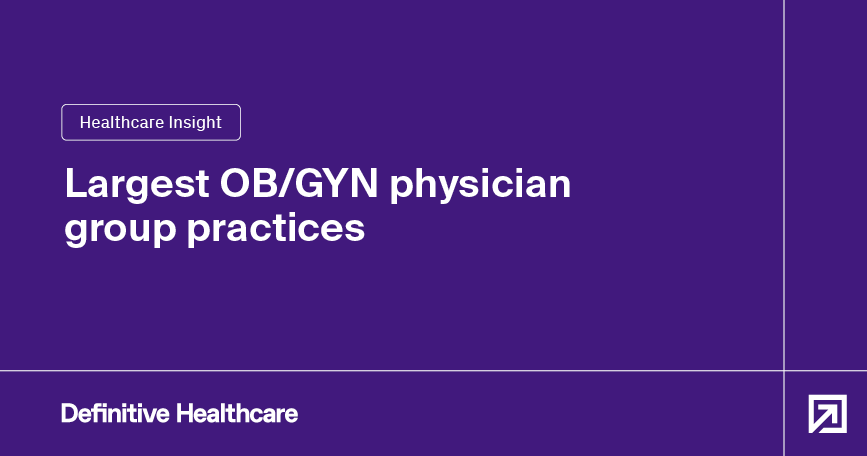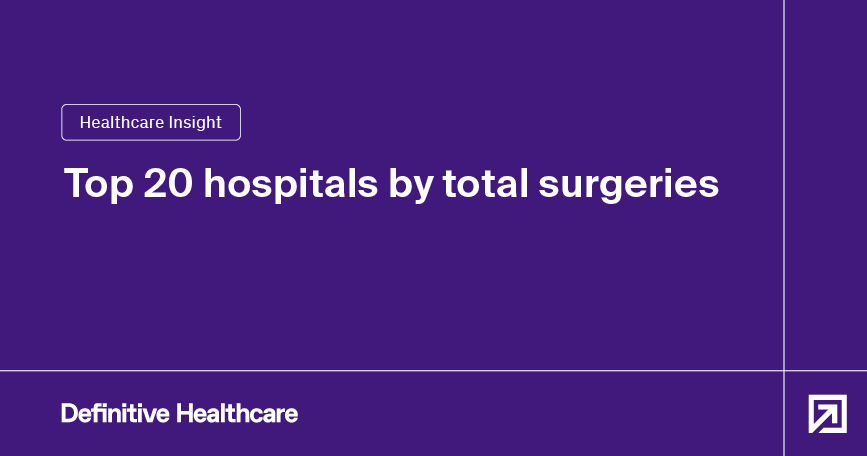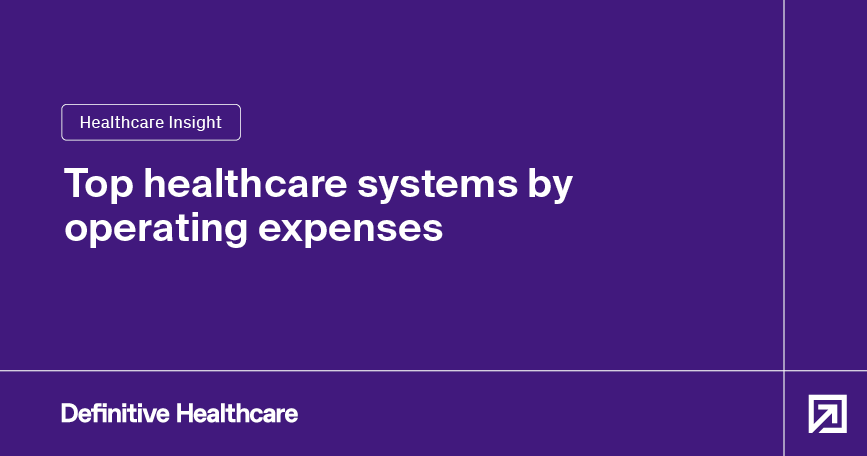Filter by Type

Top 25 urgent care clinics by patient population
See which urgent care clinics lead the U.S. by population served and explore market trends shaping urgent care growth.

Largest obstetrics/gynecology physician group practices
Explore the largest obstetrics and gynecology physician groups in the U.S. and see how OB/GYN group size impacts care delivery.

Top 20 hospitals by total surgeries
See which U.S. hospitals perform the most total surgeries and what surgical volume reveals about demand and scale.

Largest HCA physician groups in the U.S.
Explore the largest HCA-affiliated physician groups and see how provider scale shapes HCA’s care delivery model.

What are the most common diagnoses by dermatologists?
Explore the most common diagnoses treated by dermatologists and what they reveal about skin disease trends.

Largest IDNs in Alabama
Explore the largest integrated delivery networks in Alabama and see how leading IDNs shape care delivery across the state.

Top healthcare systems by operating expenses
See which integrated delivery networks have the highest operating expenses and what that reveals about scale and system complexity.

Most common anti-anxiety medications
Explore the most prescribed anti-anxiety medications in the U.S. and trends shaping treatment decisions.